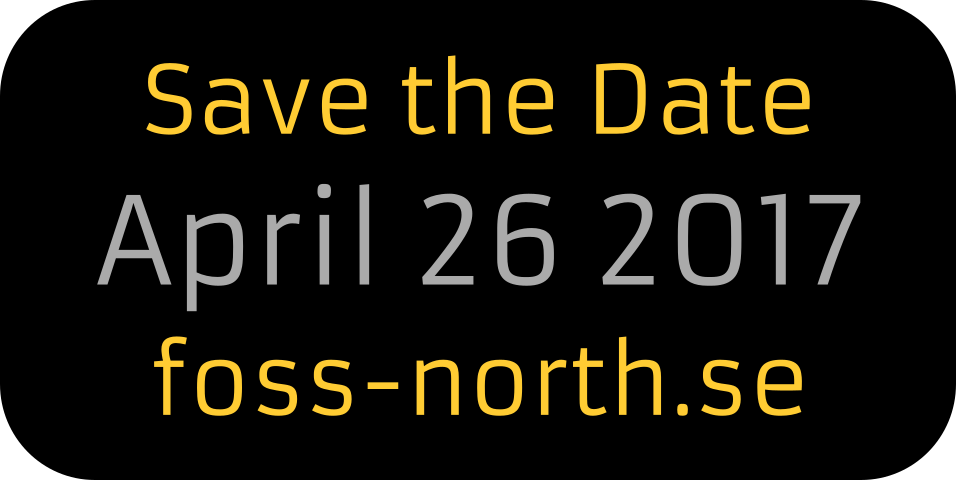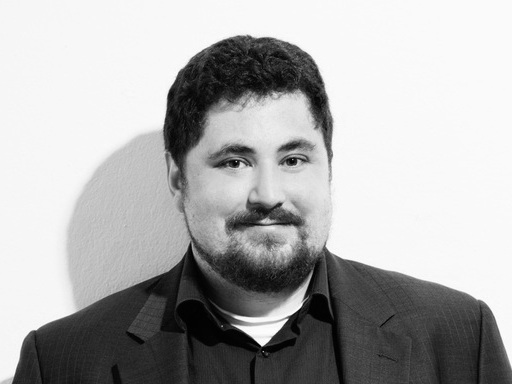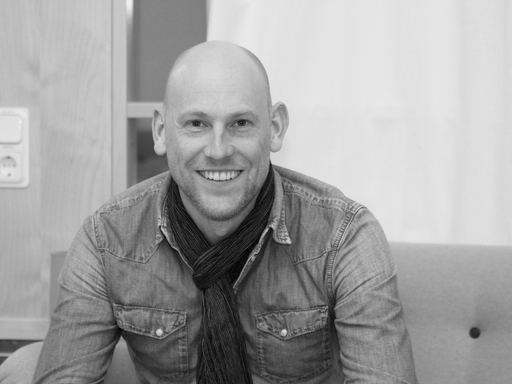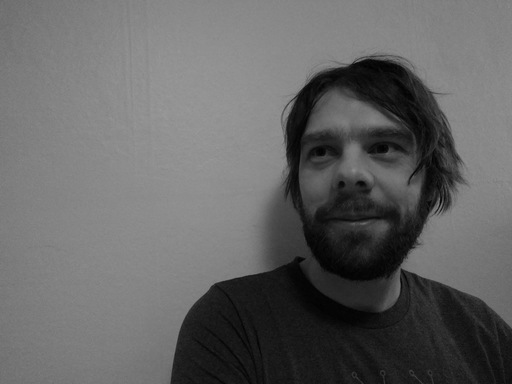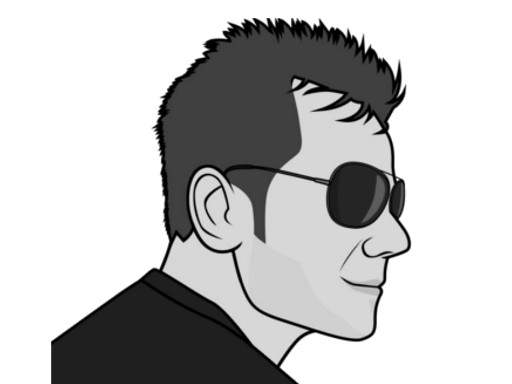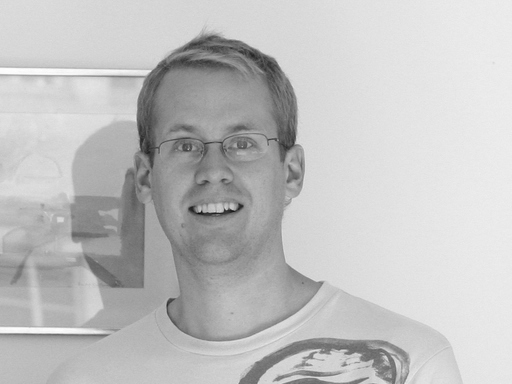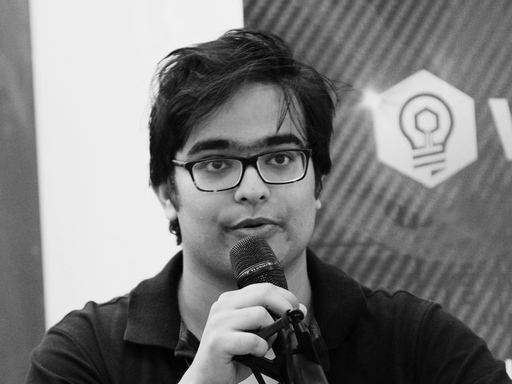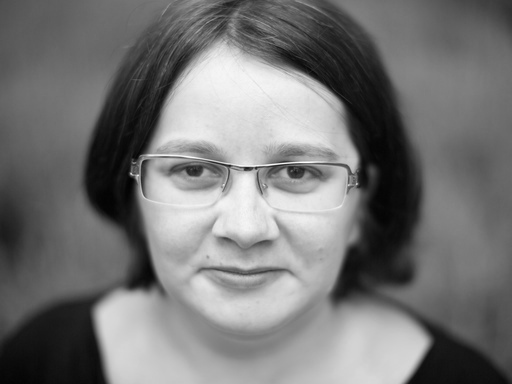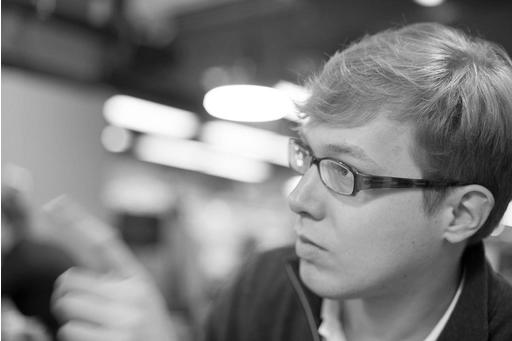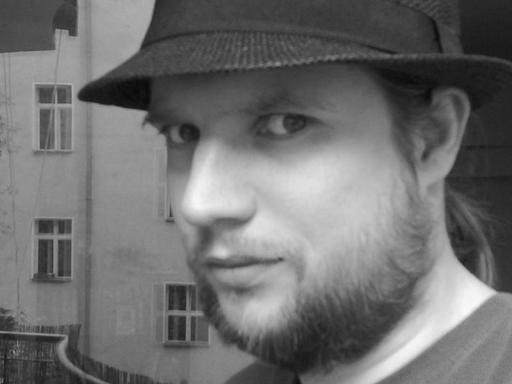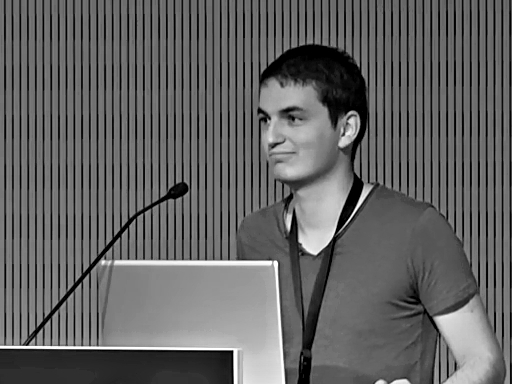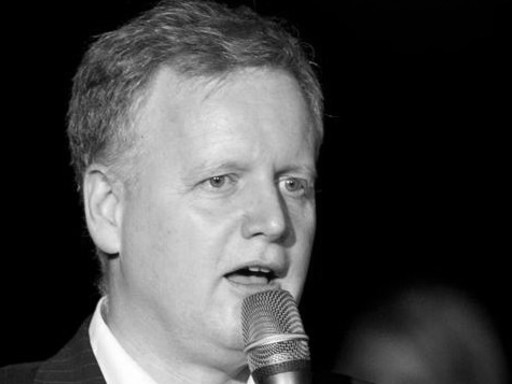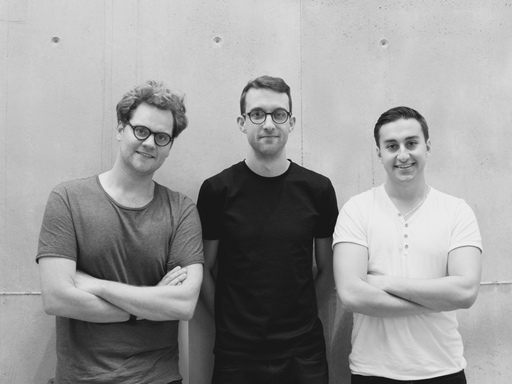Jos Poortvliet
Nextcloud: the future of private cloud sync and share, collaboration and coffee machines
The Cloud continues to be all the rage, despite the hate most techies have for it ("what does it even mean") and (because techies tend to be right) the confusion about what it means. One thing most people associate the cloud with is: that vague, amorphous place where your data goes after you've captured it with your phone, laptop or fancy IoT device. That place is invariably not under your control - it is how the tech giants provide 'value' (and keep you locked in). It is also the place from where your data leaks, in high profile hacks or direct attacks from, presumably, Russians, or Chinese. Well, and Germans and Italians and everything else, both criminal and, more outrageous, government sanctioned.
Nextcloud's ambition is to give you a chance to take it back, that stuff from the cloud. Control it, decide where it is and who has access. And we've built an ecosystem around our web server and apps that helps you do that. You can store and sync your files, calendar and contacts. Share holiday pictures. Listen to music. Keep your passwords secure. Edit documents, with others, collaboratively. Have video calls. All that, and more! Just not yet coffee. But you can get involved and make it happen...
And obviously, when you claim to be the future, you have to address the elephant in the room: the past. So I'll talk about why and how we left ownCloud, the project we ourselves started.
Jos Poortvliet has been marketing and promoting in communities for over a decade, active in KDE and working as community manager for SUSE and ownCloud. He currently heads marketing at
Nextcloud.. He occasionally shares some of his thoughts on
his blog.
